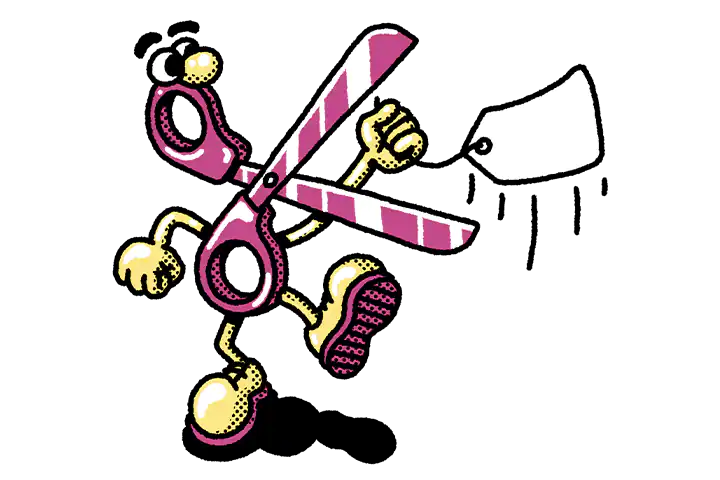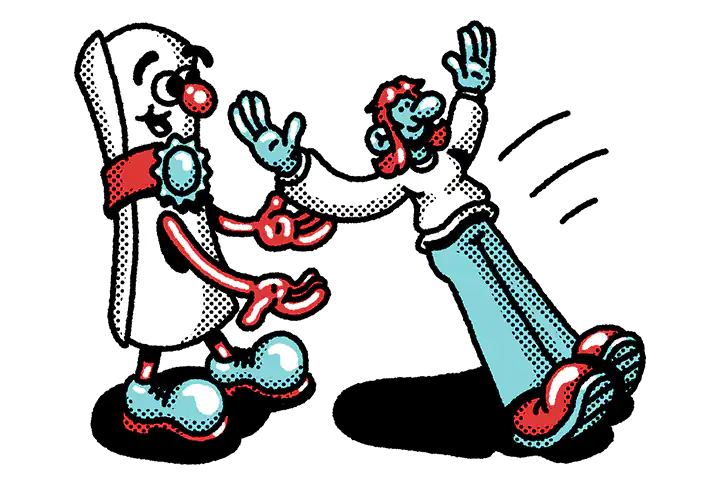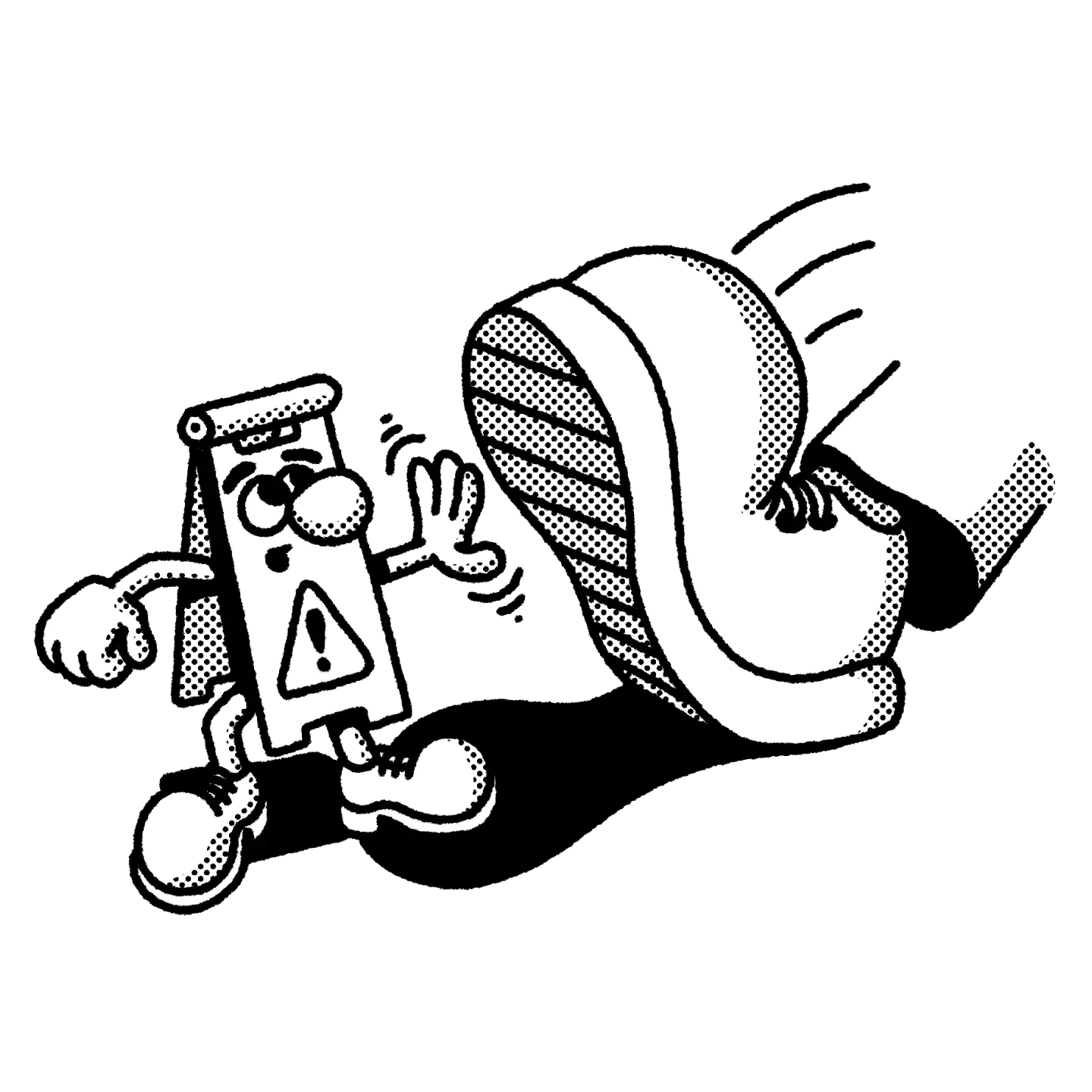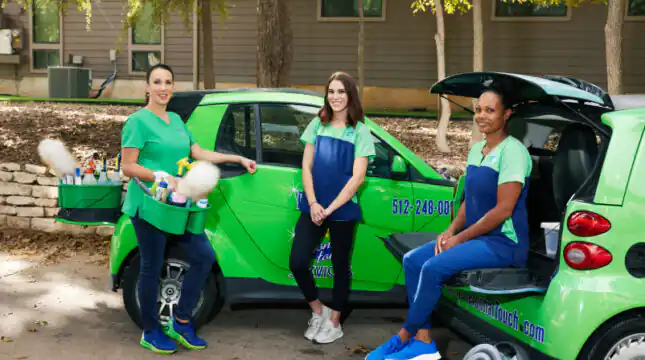
Get insurance for your cleaning business customized for your needs
ERGO NEXT makes it fast, easy and affordable for small business owners in house cleaning, window cleaning, janitorial services, carpet cleaning and more to get tailored business insurance.
We’ll help you get the types of coverage that work best for cleaners, including general liability insurance, workers’ compensation insurance and tool and equipment insurance. Together we can help protect you, your clients, your employees and your business.
In about 10 minutes you can get a free quote, choose your options, buy online and get sharable proof of insurance.
With ERGO NEXT you can modify your policy 24/7 via web or mobile app.
ERGO NEXT has affordable cleaners insurance to help protect you
Choose your profession to get started.

How much does cleaning business insurance cost?
You can save up to 25% in discounts when you buy cleaning insurance with ERGO NEXT. Insurance companies determine your monthly or annual premium based on factors like:
- The types of cleaning services you offer
- The type of clients you serve
- Your number of employees and the type of work they do
- The type(s) of vehicles you drive for work
- The location of your business
- Your claims history
- Your annual business revenue
The best way to know exactly what price you’ll pay is to check our prices with a free, no-obligation insurance quote.

Why do cleaning professionals need business insurance?
Small business insurance policies can help to protect you from the financial losses of a wide range of business risks. This can include injury and medical expenses, property damage, some legal fees and theft.
Without the right insurance to mitigate your risk, you would have to pay entirely out of pocket after an accident or to defend your business.
The best insurance for a cleaning business could help you to:
- Get jobs. Many clients ask for proof of insurance — usually general liability insurance — before they’ll hire you for cleaning services. Coverage can help protect you from the risk of loss after accidental injuries and property damage on a client’s property.
- Hire employees. Most states require workers’ compensation insurance for small businesses with employees.
- Drive for business. Company vehicles and personal vehicles you drive for work typically need commercial auto insurance.
- Protect your business equipment. If your cleaning supplies get stolen or damaged at a job site, tools and equipment insurance could help.
ERGO NEXT cleaning business insurance is fast, easy and affordable
Fast
Buy your policy in just 10 minutes and you can save up to 25%*
Flexible
Set up monthly or annual payments, and get unlimited proof of insurance at no extra cost
Convenient
Do it all 100% online or talk to a licensed U.S.-based advisor
What type of insurance do I need for a cleaning business?

A general liability insurance policy can help cover financial losses after some of the most common accidents that occur when you work with clients — repairs or replacement after property damage to their property, and medical costs after injuries to non-employees.
This type of liability insurance could also provide financial help for some legal fees and judgments.

A workers’ comp insurance policy is required in most states if you have employees.
It can help protect you from the costs of work-related accidents and injuries to your employees and, with add-on coverage, for yourself. This coverage can help pay for medical bills, lost wages while recuperating and more.

Commercial auto insurance is legally required in most states if you own a car, truck or other vehicle for your business. And if you drive your own car or truck for work, business driving probably won’t be covered under your personal car insurance if you have an accident or cause damage on the road.

Tool and equipment insurance is an add-on to general liability insurance. This coverage can help cover the cost of repairing or replacing your business gear if it gets stolen or damaged at work at a client’s site.
ERGO NEXT Insurance reviews






